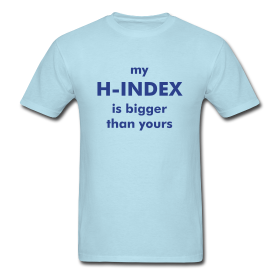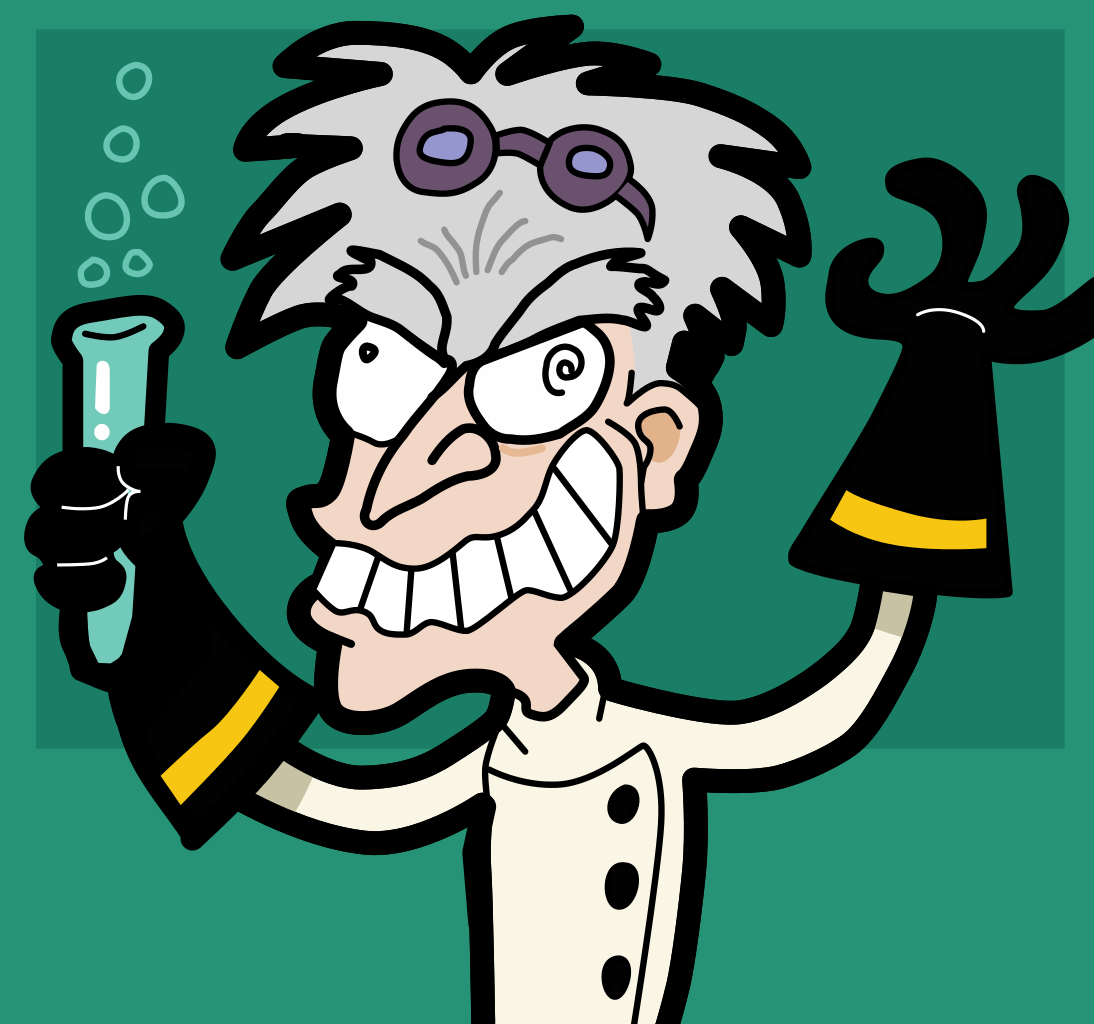We love what we see, so make the humanities count
While LUCAS can be proud that prof. Ineke Sluiter stars in a current six-part Dutch documentary on academia, the fact that she is the only humanities scholar among twelve interviewees is cause for worry...
On Friday (August 19), I wanted to watch an episode of the six-part documentary Kijken in de ziel (Looking into the soul) in which twelve prominent researchers from Dutch universities are interviewed, presenting the viewer with insights in academic life. Part four, titled ‘Over de schreef’ (‘Out of line’), was announced to feature the pressure to publish, the hunt for prestige, and academic integrity: all topics that also recur in my own dissertation research. I even considered insights from the episode combined with some research-related thoughts would make for an entertaining blog post, so I settled myself in front of the TV, popcorn near and pen in hand, looking for interesting quotes on publication cultures.
However, upon watching the episode, a completely different observation struck me. Among the interviewees is LUCAS classics professor Ineke Sluiter, Spinoza Prize-winner and member of the Dutch Academy for Arts and Sciences. The humanities couldn’t have wished for a better spokesperson – but they should have had more: currently, Sluiter is the only interviewee from the humanities. Contrastingly, the empirical STEM-fields are represented by a diverse population: a theoretical physicist, a mathematician, a stem cell researcher, a neuroscientist, an epidemiologist, a psychiatrist, an ethologist (biologist), a nutrition chemist, and an agronomics expert; the social sciences are represented by a competitive-markets economist and a behavioural psychologist, whereas the whole myriad of different humanities fields – among which comparative literary studies, linguistics, the study of religions, language and cultural studies, history, philosophy, media studies, and art history – should all be reflected upon by just one interviewee.
Imbalanced representation
While the twelve academics present an interesting picture of their work, it must be noted that they don’t reflect academia at large, but rather the STEM-fields almost exclusively. This can be seen, for instance, in the discussion of the scientific methods (in episode 1): eleven speakers present their (Popperian) views on empiricism, hypotheses and falsification, in what is edited into quite an elaborate and nuanced reflection on scientific method. Lastly, the presenter asks Sluiter to explain how research on texts, which, after all, is not experimental or empirical, can still be made controllable and repeatable (to a degree). All scholarly perspectives on the translation of data in texts into convincing argumentation, the ground of all ‘-isms’ in our fields, remain completely disregarded.

T-shirt available via BitesizeBio.
The imbalance also features in the discussions on publication cultures. Several minutes are spent explaining the Hirsch-index (a measurement blissfully considered insignificant in the Humanities) and the ordering of collaborating authors in the reference to a paper. Mathematician Ionica Smeets is given room to explain how her field’s conventions differ from those in the other sciences (authors of math articles are listed in alphabetical order) – but the Humanities, which differ significantly from all else we’ve heard because its scholars continue to write books and collaborate much less frequently than in the STEM-fields, are not heard at all on this topic.
The unknown becomes unloved: awareness bias
To me, it is worrying that this documentary on academic life, one of the very few of its kind, and one reaching almost 400,000 Dutch viewers per episode, paints this incomplete picture, underrepresenting the humanities. The general audience viewing this documentary might conclude that humanities (or rather: classics, the only featured discipline) makes for only a small contribution to human knowledge.
The general audience already holds biased perspectives on science: the stereotype of the ‘white man in a labcoat performing an experiment’ presents itself in ongoing experiments research since 1957. Subsequent research suggests that these stereotypes diminish in strength when people get to see scientists of differing genders and colours (note, by the way, that although Kijken in de ziel interviews four women, all twelve academics are white!).

The stereotype scientist... Source: Wikipedia.
It is not unthinkable that a similar cognitive bias might settle in the audience’s mind: that academia is the domain of scientists – medical researchers, physicists, biologists – accompanied by the occasional scholar. In fact, some argue that this stereotype already exists: not only in the minds of the viewer, but also in research support and funding policy. Strikingly similar, a ‘blind spot’ for the humanities, non-empirical social sciences, and law can certainly be observed in academic research on academia, too: sociologists of science famously studied laboratory life and the genre of the scientific article – and very few aspects of research in the humanities; and scientometrics focuses mainly on the STEM-fields, because its methods do not always suit the social sciences and humanities.
Not everything that counts, can be counted
A particularly harmful effect of over-representation of the empirical sciences is demonstrated when the academics respond to the interviewer’s question whether they think the results of their research are useful for society, and inversely, whether society has any right to demand that academic research should be useful or applicable (episode 3). Opinions vary, showing the tip of the iceberg of a very live debate. However, to professor Sluiter this topic is introduced with a remarkable inversion of the burden of proof: the interviewer states that ‘arguably, studying historical texts is useless’. Sluiter remains unfazed, and explains how important understanding the human experience is for a meaningful existence – but it seems strange that this burden is shouldered upon scholars in the cultural domain, and that the need or ‘use’ of understanding physics, human biology, or abstract mathematics is uncontested. After all, as William B. Cameron said: not everything that counts can be counted, and not everything that can be counted counts.
This inverted burden of proof is even stranger considering that the premise of this TV documentary in itself is a fundamentally humanist one! Questions relating to the position of academia in society, the perceived importance of the scientific method, and the value attached to scientific knowledge are precisely the types of questions that humanities scholars address in their endeavours – and thereby Kijken in de ziel’s very existence demonstrates the value of the humanities’ scholarly endeavours.

Poster by The University of Utah, College for Humanities, 2014.
Granted, a show featuring twelve top-researchers can never hope to cover all disciplines – but at least, it could have represented academia more evenly. I interpret its STEM-heavy perspective as a disconcerting sign of the ‘blind spot’ trapping the humanities. In any case, this reasserts the importance of making humanities seen and heard by a general audience, and of sustaining the dialogue between academia and the society of which it is part. An excellent reason for the LUCAS PhDs to keep blogging!



1 Comment
Good read and informative.. and I totally agree!